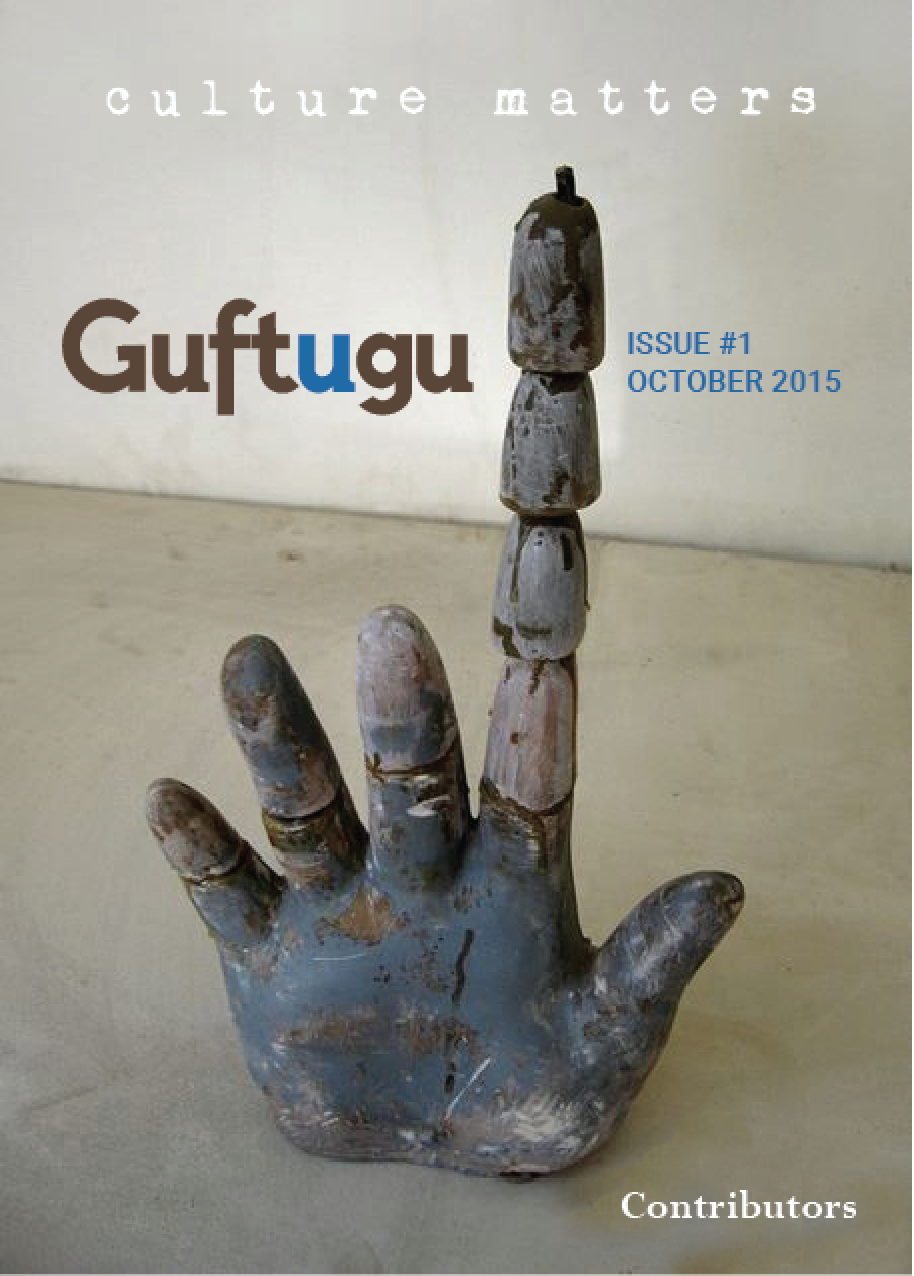
In the dark times
Will there also be singing?
Yes, there will also be singing.
About the dark times.
Bertolt Brecht reminds us that we can sing in the bad times too; we can sing about the bad times. This Brechtian paradox is apt for the literatures and arts of the present time in India.
If singing and dancing, poetry and prose, film and painting have all been possible even in the most brutal times history has witnessed, we can believe our situation today too cannot subdue what we can do with artistic practice of all sorts, as well as education. Every day we see new evidence of authoritarianism in India – the sort of tyranny that impinges on our cultural work, and on those who wish to partake of what we imagine for them. Even the day-to-day cultural practices by the wide range of people who make up India are vulnerable to the aggression of the “cultural police” in different guises. These policemen want to tell us all what to eat, wear, read, speak, pray, think. They want to tell us how to live.
The writer is more important in times of siege, said the South African writer Andre Brink. He knew what he was talking about; he was writing about apartheid South Africa. We know how cultural spaces are shrinking in India. And we believe that writers – and any practitioner and partaker of culture – are more important in the times we are living through. Writers, artists and educators may not be soldiers; but they too have weapons, weapons that are often more effective.
We believe this. We believe in the transformative power of the word, the image and the class room. This is why we have set up the Indian Writers’ Forum for all of us; and launched the Indian Cultural Forum site as well as Guftugu, an e-journal of literature and art.
When setting up the Indian Writers’ Forum, we had said: “As committed readers and writers, we see ourselves as part of a rich and plural literary heritage. In our own times, our dream is to build on this heritage for a more just, egalitarian and humane society. We aspire to perceive, understand and celebrate difference even while breaking down the barriers created by caste, class, religion, race and language. But we are painfully aware of the ways in which our literary culture has been challenged in recent times. It is critical, at the present juncture, to resist the range of threats faced by our culture of free expression, exchange, dialogue and debate. It is crucial that we fight for ourselves as readers and writers, and for all the readers and writers in our country. Whatever language and genre we write in, we insist on our right to freely use our imagination to write what we perceive as meaningful for our times and to speak and debate without hindrance, both to each other and to our readers. This includes our right to interpret and reinterpret the past, and our common legacy of contesting narratives…”
Every word of this applies to Guftugu – a journal that will feature counter-cultural expressions in poetry, prose and images. Guftugu aims to reflect and critique present- day aggression against culture; to articulate creative resistance against the degeneration of democratic values and institutions; and to achieve this by freely doing what we do best: writing, painting, imagining, speculating and debating.
The Indian Writers’ Forum and Guftugu are happy that so many writers, scholars and cultural practitioners have expressed solidarity with our venture. One of our first supporters, U.R. Ananthamurthy, is no longer with us. But we are confident that more writers, thinkers and readers from every Indian language and region, and more artists from every medium, will join us to make what the Malayalam poet Vyloppilly called “a golden opposition”.
K. Satchidanandan
Githa Hariharan
October 2015
